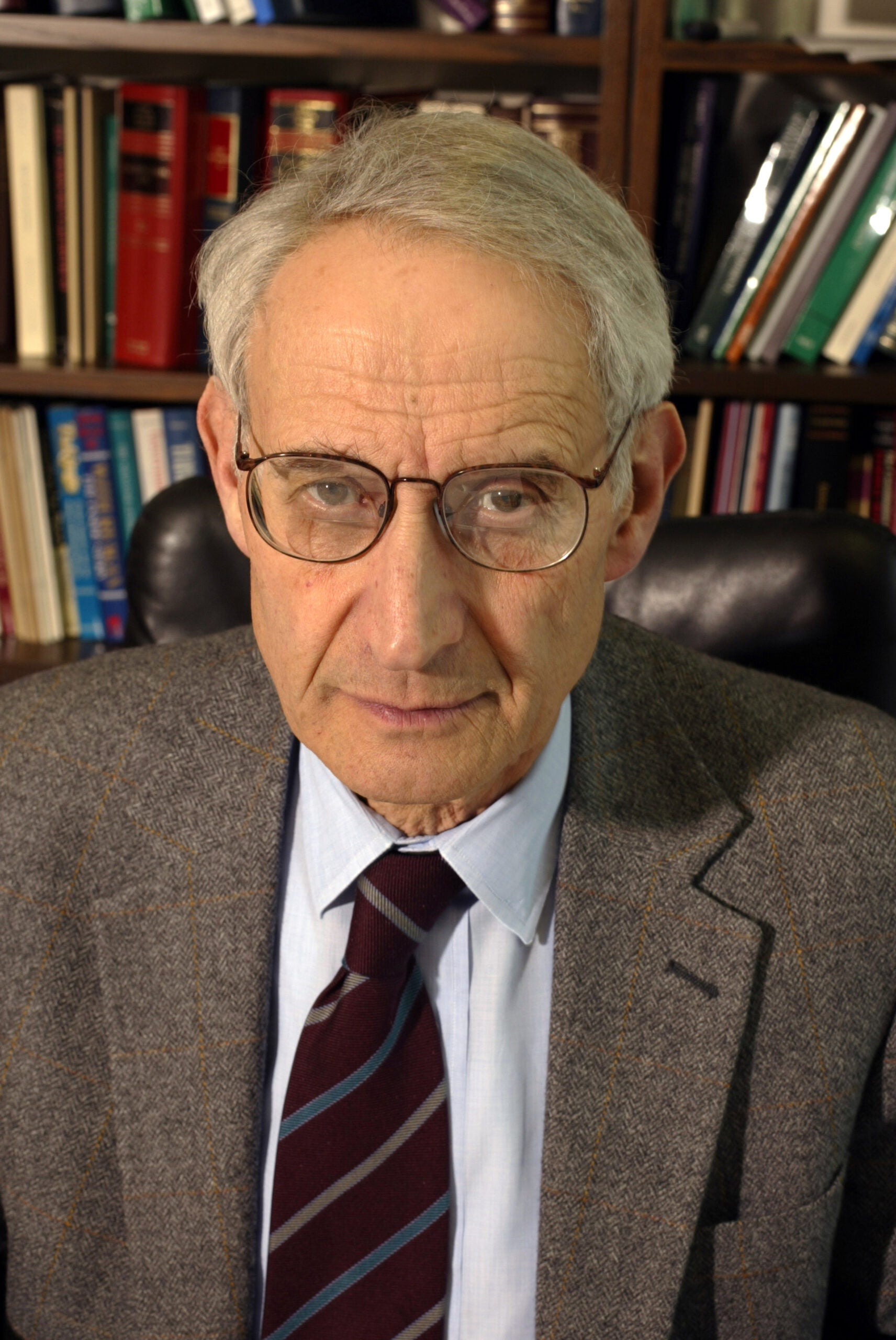The following op-ed, Patrick’s ‘oath’ by Professor Charles Fried, was published in The Boston Globe on January 5, 2007.
Deval Patrick is off to a bad start. If the amendment to prohibit gay marriage ever reaches the people, I shall vote against it.
I regret that the Supreme Judicial Court, in its closely divided 2003 decision in the Goodridge case, proclaimed that the state Constitution requires same-sex marriage. The Supreme Court of New Jersey — a court with as distinguished and liberal a tradition as the SJC in a state whose constitution is not markedly different from our own — got it right when it decided last year that same-sex couples must be allowed to contract civil unions, with all the material privileges and duties that marriage accords to opposite-sex couples.
This is a demand of liberty. These privileges and duties arise out of contractual arrangements freely undertaken by the parties, and the state has no sufficient reason to deny same-sex couples that facility, any more than it should deny couples the right to transfer property, name each other their guardians in times of illness, enter partnerships of many kinds. New Jersey joins five states that now have something like civil unions or domestic partnerships.
But marriage is different. If all material aspects of the union are the same as the state accords to marriage and all that is withheld is the name of marriage, then it is a kind of civil blessing that is withheld. I would not withhold it, but this last honorific and ceremonial step is exactly one that should only be taken by the people, by the community that bestows it.
To have the people’s congratulation enacted and enforced by a 4-3 vote of unelected judges is an offense to democracy, to the very notion of the community in whose name the SJC decided. It is as if we were all forced to go to a party some do not want to attend. In its zeal for equality the SJC overstepped these bounds, got it wrong.
But happily there is a way for the people to have their say after all, to join the party. The state Constitution allows for the people to amend it. After a sufficient number of citizens’ signatures, the Legislature must vote on a proposed amendment. And if a mere quarter of the legislators approve the amendment twice, then the issue goes to the people, whose constitution it is: not the courts’, not the politicians’, not the legislators’, not the governor’s.
Just when it appeared that the Legislature was once again about to disgrace itself by refusing to do its unambiguous constitutional duty and failing to hold the vote on sending the referendum to the people (a vote which to be sure can go against the amendment if 50 cannot be found who are for it), the SJC spoke again.
This time it spoke unanimously: Decisions, the SJC said, stretching back to 1935 put “the requirement to vote on the merits . . . beyond serious question. . . . The members of the [Legislature] are the peoples’ elected representatives, and each one of them has taken an oath to uphold the Constitution of the Commonwealth.”
Yet Deval Patrick, our new chief magistrate, instead of showing principled leadership by urging the Legislature to vote, but to vote the proposal down, or, failing that, urging the people to reject it, has resorted to ambiguous but lawless sloganeering, urging the legislators to defeat the petition by all “appropriate” means. And if you thought that meant voting against it, Patrick goes on to say that a civil right should not be subject to a referendum, and more amazing that the question of civil rights outweighs the provisions of the Constitution providing for citizens’ petitions to amend the Constitution.
The rule of law is fortunate that Senate President Robert E. Travaglini insisted on doing his duty, Speaker Salvatore F. DiMasi and Deval Patrick notwithstanding.
I wonder whether Deval Patrick had his fingers crossed yesterday when he took the oath to uphold the Constitution.
